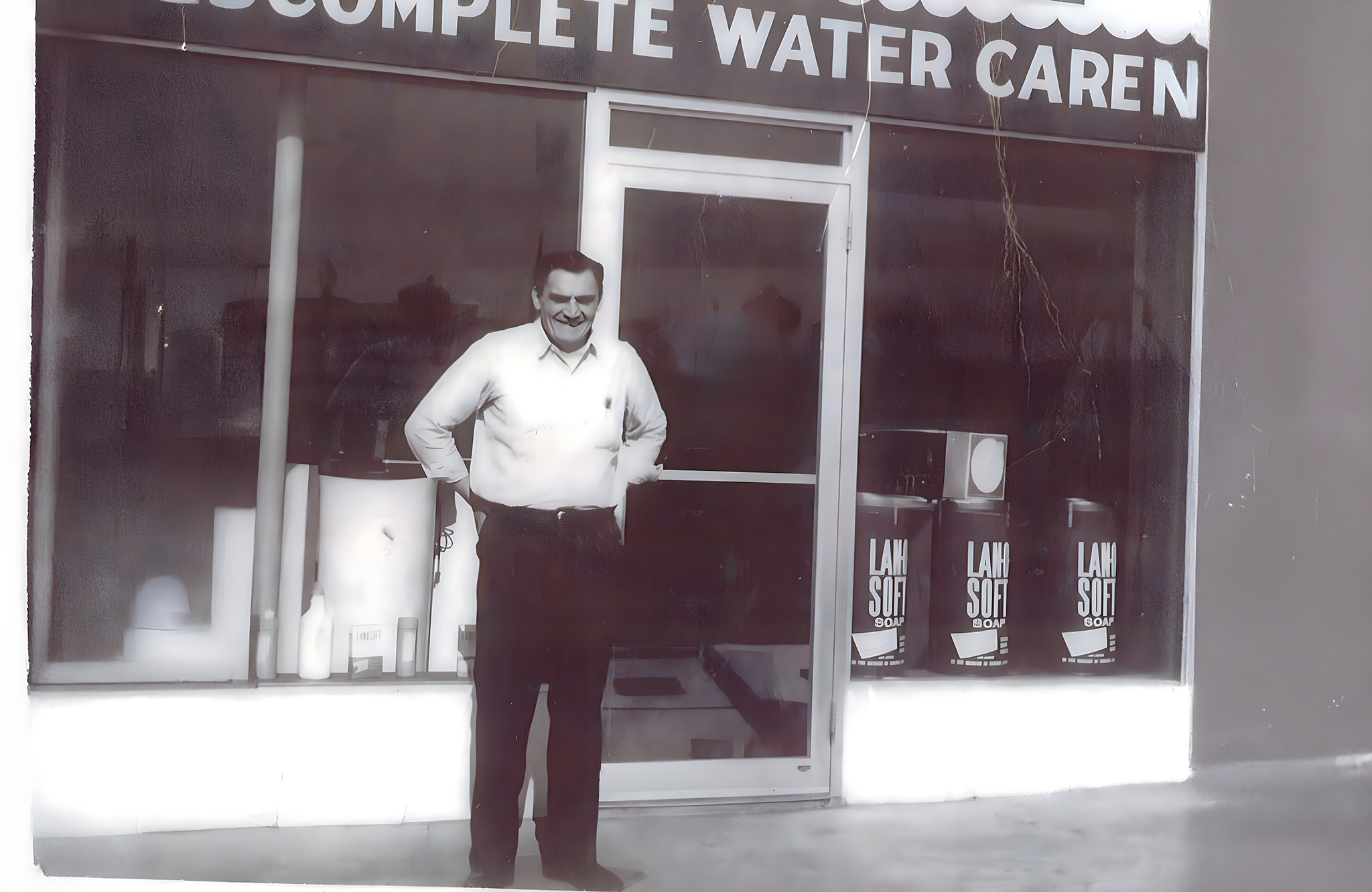
Remembering Wif Finken: A Legacy of Service and Community
January 26, 2026

Chloride discharge is one of the biggest topics in the water conditioning industry in Minnesota right now. The Minnesota Water Quality Association (MWQA) Convention is focusing on it for their...
September 4, 2019
Chloride discharge has become a major issue in the water conditioning industry in Minnesota. The Minnesota Water Quality Association (MWQA) Convention is focusing heavily on this topic, as many communities are being impacted by new chloride discharge limits.
If your area hasn’t faced restrictions yet, expect that you will soon.
Minnesota is facing an increasingly serious salty water problem. Chloride from road salt and water softener discharge is making its way into our lakes and rivers, posing a serious threat to freshwater fish populations and aquatic life.
Because Minnesota is a cold-weather state, we face double the challenges:
The problem? Most wastewater treatment plants are not designed to effectively separate chloride from wastewater. This means the chloride ends up in rivers and lakes, worsening the issue.
There is no simple solution to removing chloride from wastewater.
✔️ Reverse osmosis can remove chloride, but it is costly and complex for city-wide implementation.
✔️ Cities could provide pre-softened water, eliminating the need for household softeners, but this is also an expensive investment.
✔️ Homeowners can switch to high-efficiency water softeners, which significantly reduce chloride discharge and salt use.
Because large-scale solutions are difficult to implement, regulations are now being placed on chloride discharge in facility permits.
To combat this issue, we need to focus on multiple strategies:
✔️ Understanding the environmental impact of chloride discharge.
✔️ Encouraging community-wide treatment solutions.
✔️ Optimizing water softeners to minimize salt use and discharge.
One of the best ways to reduce chloride discharge is by upgrading to a high-efficiency water softener.
Finken offers free water tests to help you determine the best solution for your home.
📞 Schedule your free water test today and do your part in protecting Minnesota’s water.

Resources
